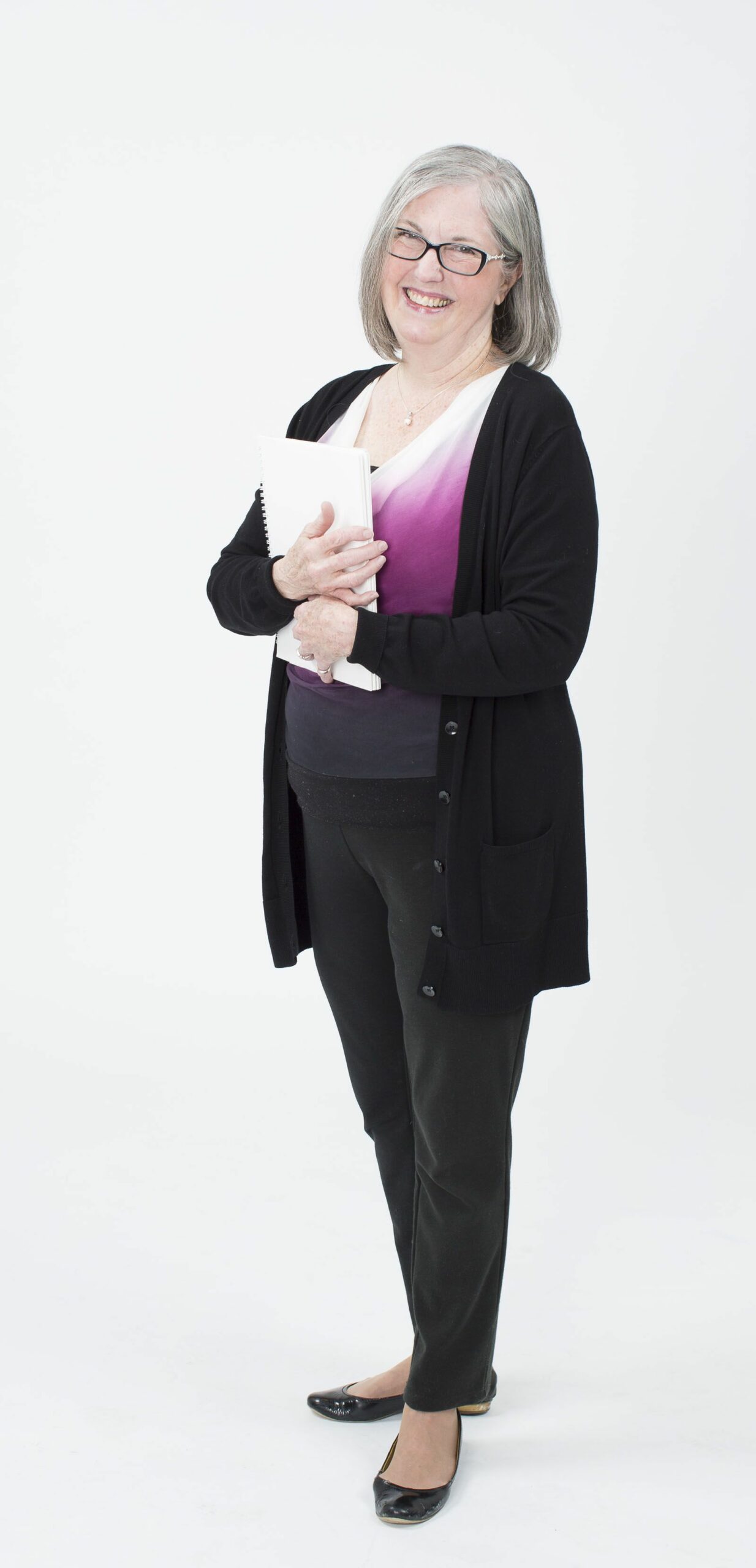What Judy Warren loves about her job as a primary care nurse at Edmonton Southside Primary Care Network is the autonomy she is given.
She’s been working out of the Justik Medical Clinic for 30 years, even before the PCN was created in 2005. When she started at Justik as a registered nurse, her duties included triage calls, injections and wound dressings. But she wasn’t using all of her skills.
Justik was one of the first clinics to join Edmonton Southside and when Judy heard the news, she was anxious to be part of the new primary health care concept.
“When I saw the PCN was coming, I thought, ‘Wow, this is our chance to do exactly what we think we need to be doing but didn’t have the time,’” she explains.
Once she was hired as part of the PCN staff, she had to figure out what her role as a primary care nurse entailed.
“It was very ambiguous. We were just placed in the clinic and told to figure out what this job could potentially look like. I had some ideas, having worked in a clinic,” says Judy.
Initially, her role focused on diabetes, triaging and helping patients navigate the health care system. Then it grew to include weight management, smoking cessation, prenatal, cholesterol and blood pressure monitoring and mental health.
“There’s lots of mental health concerns, and mental health is the first thing you look at, because until patients can identify why they are struggling and get the barriers out of the way, then you can’t do much else. They are using all their brain energy for this emotional stuff they are dealing with. I don’t think we anticipated quite as heavy a mental health component when working with people with diabetes or any other chronic illness,” says Judy.
She’s noticed how the physicians have more readily accepted her role over the years.
“When I first came back to the clinic as a PCN nurse, the doctors weren’t sure what to do with me anymore. There was a little trepidation initially until we found our place again. That clinical team adjustment was unexpected,” she says.
“As a PCN nurse, I was assigned a sink with a computer on it; the whole space was about 18 inches wide. That was my desk and office. Now we each have our own offices. We work very independently. We book our own patients and adjust our own schedules. We do work with the physicians. We consult with each other.”
Judy is excited how the PCN has evolved to include more clinicians such as behavioural health consultants, exercise specialists, respiratory therapists, a Healthy Aging team and registered dietitians.
“I’m pleased how management has handled things. They approached it slowly and didn’t take on too much, too soon. What we were doing was solidly in place before they started adding more layers to it. I love this PCN. We’re allowed to implement what we think we can do for our patients in a way that seems to work best for us and our physicians,” she says.
